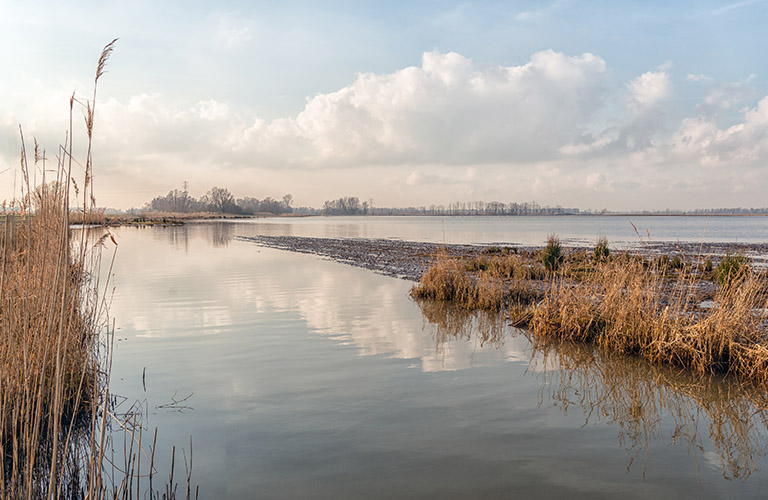
On February 27, 2018, the Georgia Court of Appeals issued a decision in Craig Barrow, III v. Richard E. Dunn, which involved an administrative appeal of a permit issued by the Georgia Environmental Protection Division (“EPD”) to the City of Guyton for the operation of a land application system (“LAS”) wastewater treatment facility. In Barrow, the plaintiff-property owner filed an administrative appeal of the LAS permit and alleged that the partially treated wastewater sprayed by the City at the LAS site would run off the site and degrade the water quality of nearby streams and wetlands on the plaintiff’s property.
Specifically, the plaintiff contended that the LAS permit was issued in violation of the federal Clean Water Act and Georgia regulations under the CWA because the City had failed to conduct an alternatives analysis under Georgia’s “antidegradation rule.” The EPD and the City argued that an antidegradation alternatives analysis is only required for new or expanded point source discharges, such as from a pipe at a wastewater treatment plant, but is not required for nonpoint sources such as pollutant runoff from a LAS spray field. In an issue of first impression in Georgia, the Court of Appeals held that, under the unambiguous language of Georgia’s antidegradation rule, the rule applies to and an alternatives analysis is required for any new or expanded permit that will result in lowering of water quality.
For more information about administrative appeals of environmental permits or permitting issues under the CWA, please contact Andy Thompson. For a copy of the Georgia Court of Appeals decision, click here.

